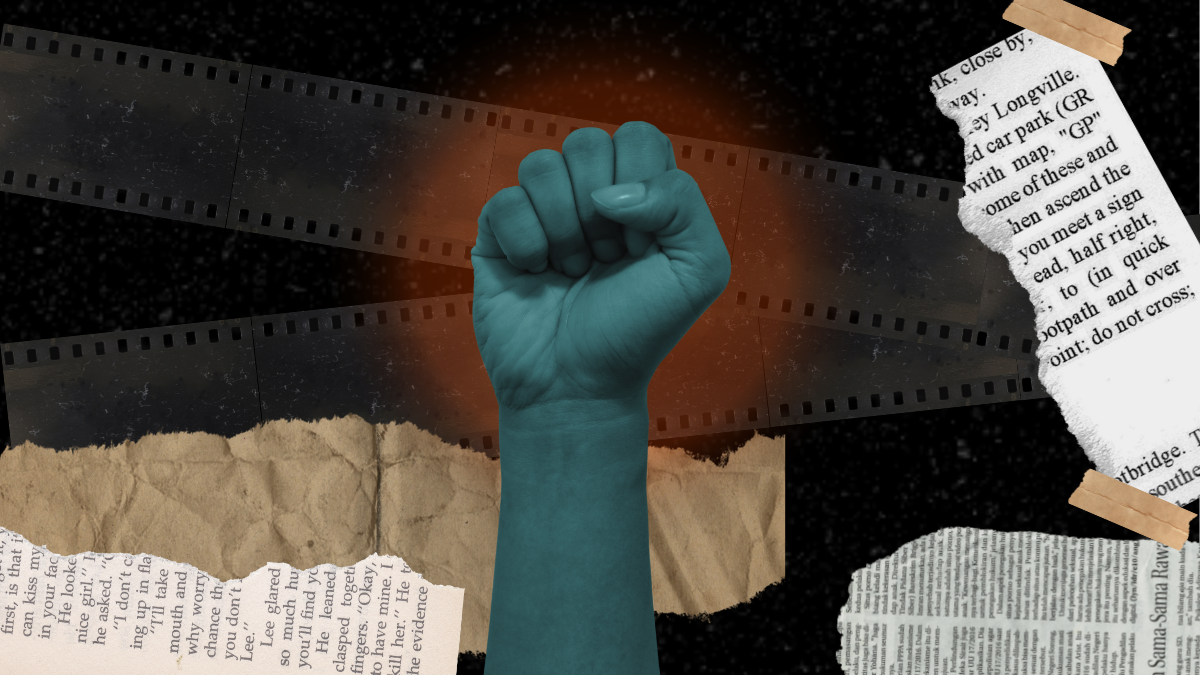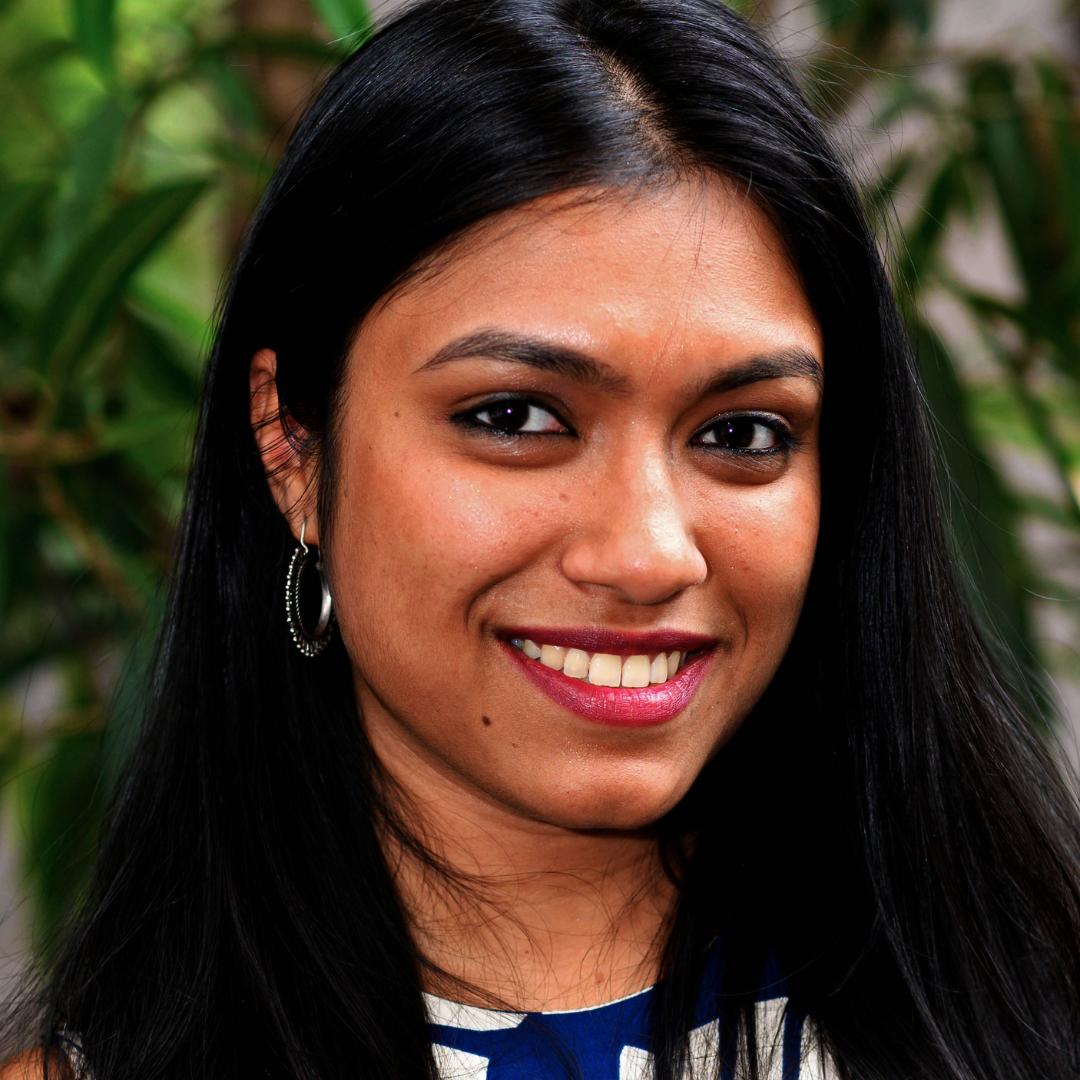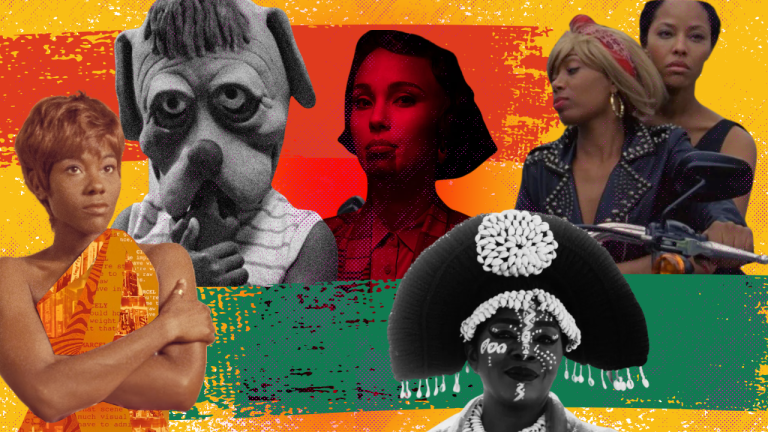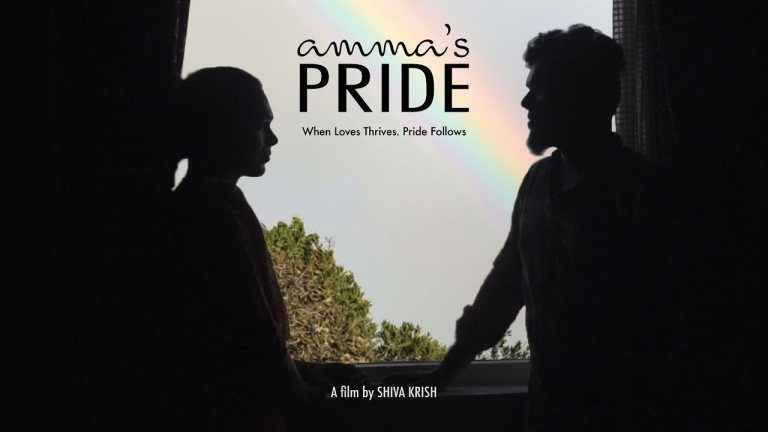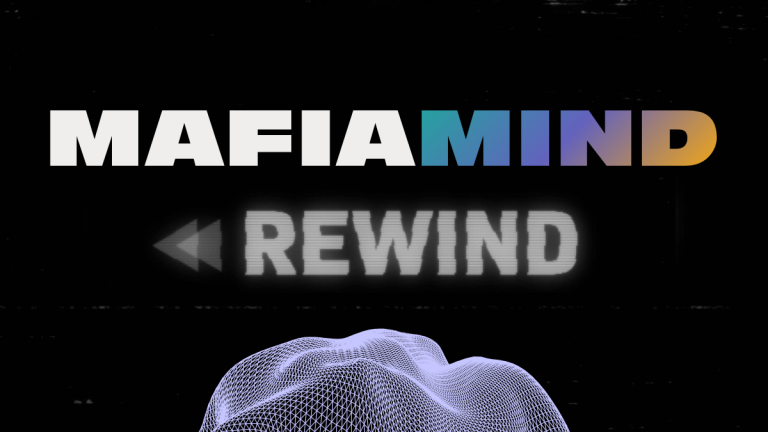
The idea of what is “free” in “freedom” begs the question of a “price” that looms over a situation where that freedom is not present; it needs a closer engagement with the cost at hand. While I usually resist quantification of loss and trauma, situations where we argue about freedom of expression often beg us to compare what’s at stake for the person exercising this freedom. To pull that lazy and incorrect Galileo comparison, there has to be an examination of who will be burned at the stake for expressing themselves. And in modern times of social media, we also need to ask if there is a stake at all or if it’s just people like Bari Weiss inventing travails to make themselves look like victims. Or if it’s just them facing the consequences of their actions.
One of the most bizarre (but telling) images that is relevant to this debate is that of Georgia Rep. Marjorie Taylor Greene wearing a COVID mask that reads “Free Speech,” claiming that the House’s mask mandate is a violation of the First Amendment. It wasn’t. But what is problematic in all of this is a woman who has faced very little systemic oppression, someone who is literally sitting in the country’s seat of power, weaponizing a freedom she has never been challenged upon. What does alleged “cancellation” even look like for people like her? Or for people like Smaker, who has rued festivals dropping her film but has also managed to change the name of her film and have it screened at DocEdge, Auckland. How many others who are denied the freedom to express themselves, in the world over, can afford to do this?
Freedom of expression debates will also always pull questions of censorship to the fore. For me, having grown up in a country where no film can be publicly exhibited without a clearance from the country’s censor board, I don’t think Jihad Rehab should be banned. But since every action—even the most free one—has consequences, the filmmaking team should stop victimizing itself at the very least if it can’t bring itself to take stock and rectify the harm caused by their expressions and actions. To express something, to be told it’s hurtful, and then to double down and keep expressing that same thought, isn’t quite the freedom we assume it to be. It’s called adamance that is afforded by privilege. Privileges are things that come with a fine print and should be subject to constant scrutiny. What organizations like FAIR address are not questions of freedom but of power, and what the self-serving dialogues they push using that power, all the while co-opting a disadvantage they don’t suffer from at all.
The reality is that this freedom of expression is an industrial complex, fuelled by machineries that open doors for some and gatekeep for most.
When I was 7 years old, I saw a riot for the first time. Deepa Mehta’s Fire had just released in Indian theaters and right wing Hindu groups were appalled at the portrayal of two middle class Hindu sisters-in-law falling in love with each other. As I was passing by Calcutta’s Navina Cinema with my mother, I saw mobs of men shouting outside, demanding the movie to stop playing. They had sticks, stones, and some straw effigies of Mehta to burn. The next day’s news told us that the ushers and workers of the theater stood their ground and refused to stop the screening. Fire, despite being passed by the censor board, was eventually taken off theater screens in the country. Mehta, a Canadian citizen, led protest marches with activist groups and was successful in reinstating the film’s run.
The 2009 documentary Burma VJ was put together by Danish filmmaker Anders Østergaard using footage sent to him by Burmese journalists, risking their lives, smuggled out of the country in flash drives or online transfers, during the Saffron Revolution against the military junta. When people of considerable (relative) power and social cachet, like Smaker and Weiss, weaponize the freedom of expression debate and make it about themselves and their minor inconveniences, it does a great disservice to people who actually pay with their lives and minds to be able to express themselves. When I make these comparisons, it’s not empathy olympics but an attempt to help advocates for freedom of expression turn their support towards people who actually need the backing up.
Around the premiere of jailed Iranian filmmaker Jafar Panahi’s film No Bears at Venice a few days ago, actor and Venice jury head Julianne Moore took to the red carpet demanding Panahi’s release along with the releases of Burmese producer Ma Aeint and Turkish producer Çiğdem Mater. Moore was joined by activists from the International Coalition Filmmakers at Risk (ICFR), jury member Audrey Diwan, filmmaker Sally Potter, and Orizzonti Jury President Isabel Coixet, among others.
Freedom of expression is sacred and it should be protected at every cost; for all people. But at the same time, what we need to do, especially as documentary journalists pursuing the truth or something that resembles it very closely, is question the power inherent in that freedom—granting it, using it, misrepresenting it, reporting it. The idea of personal and freedom is very appealing and we all love stories of superheroes doing great responsible things with great power, but the reality is that this freedom of expression is an industrial complex, fuelled by machineries that open doors for some and gatekeep for most.
When artists who weaponize freedom of expression (without ever having lived through a carceral reality, either physically or intellectually) say things like “This is a free country, I can say whatever I want,” the quiet part they leave out is, “And no one can say they have a problem with it.” And for the longest time, sadly, people couldn’t register their dissent because the proverbial microphone wasn’t in our hands. What alleged “cancellation campaigns” mostly are, are overdue demands for consequences for carelessness. These demands are not new but they’ve gotten louder in their ask that we stop equating accountability with loss of freedom. It’s time to stop scapegoating an idea of freedom to rally ideas of supremacy.


